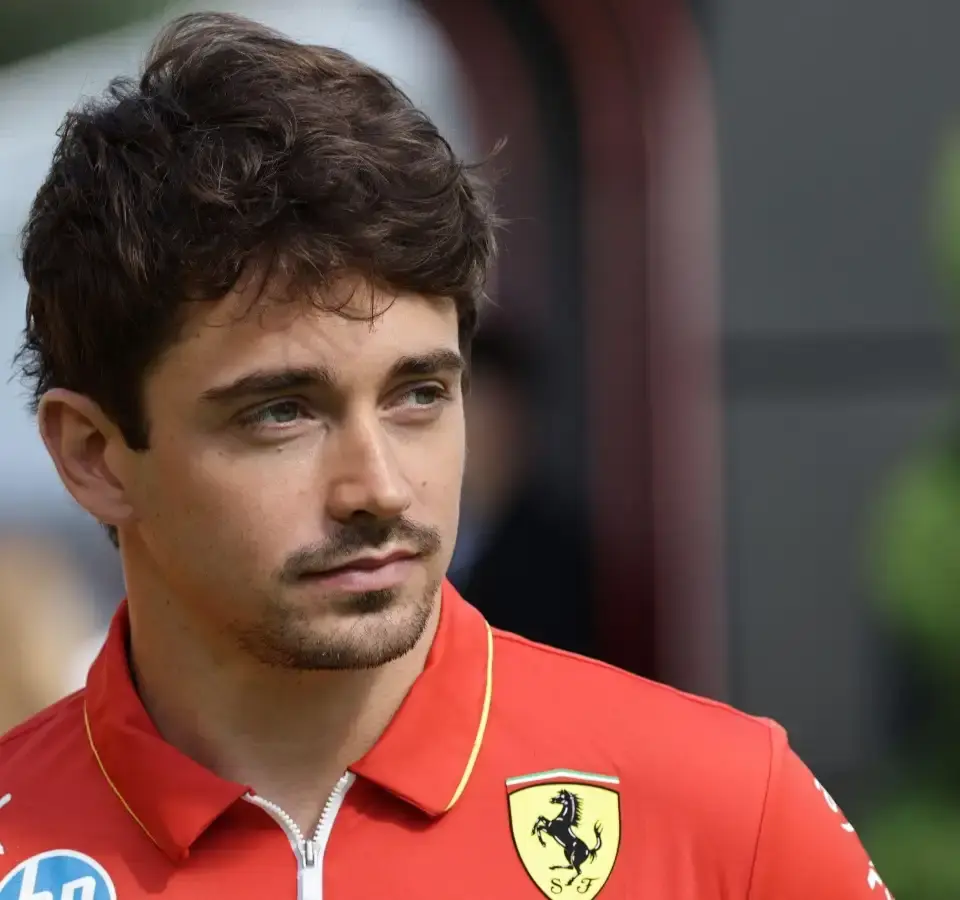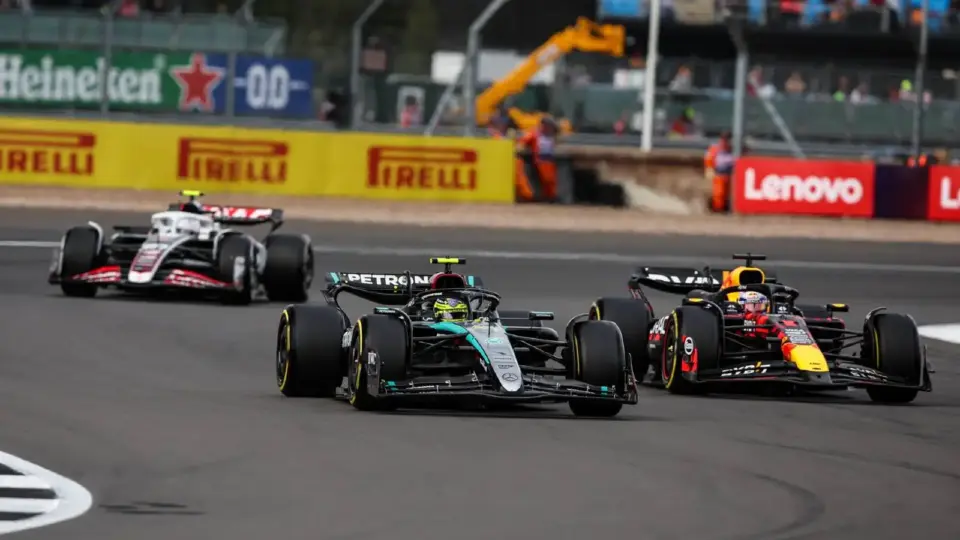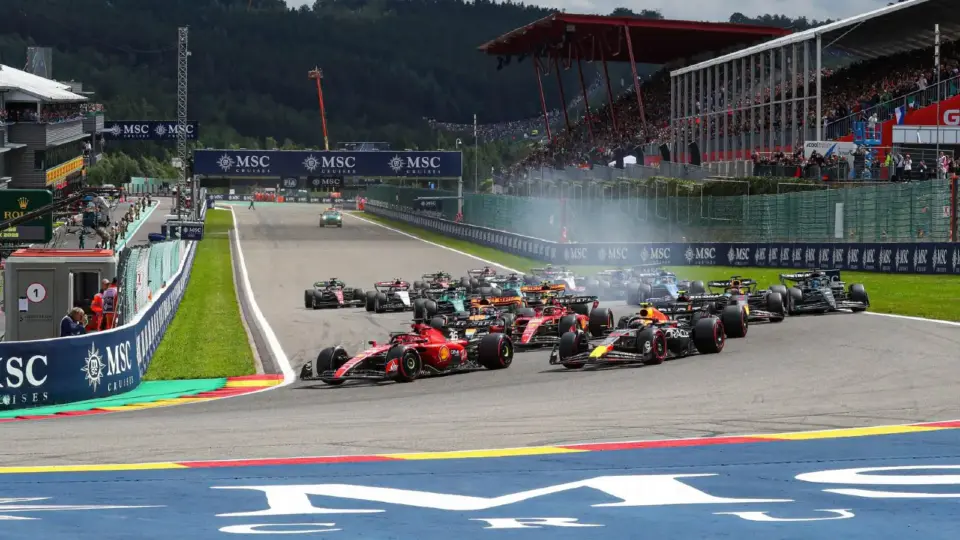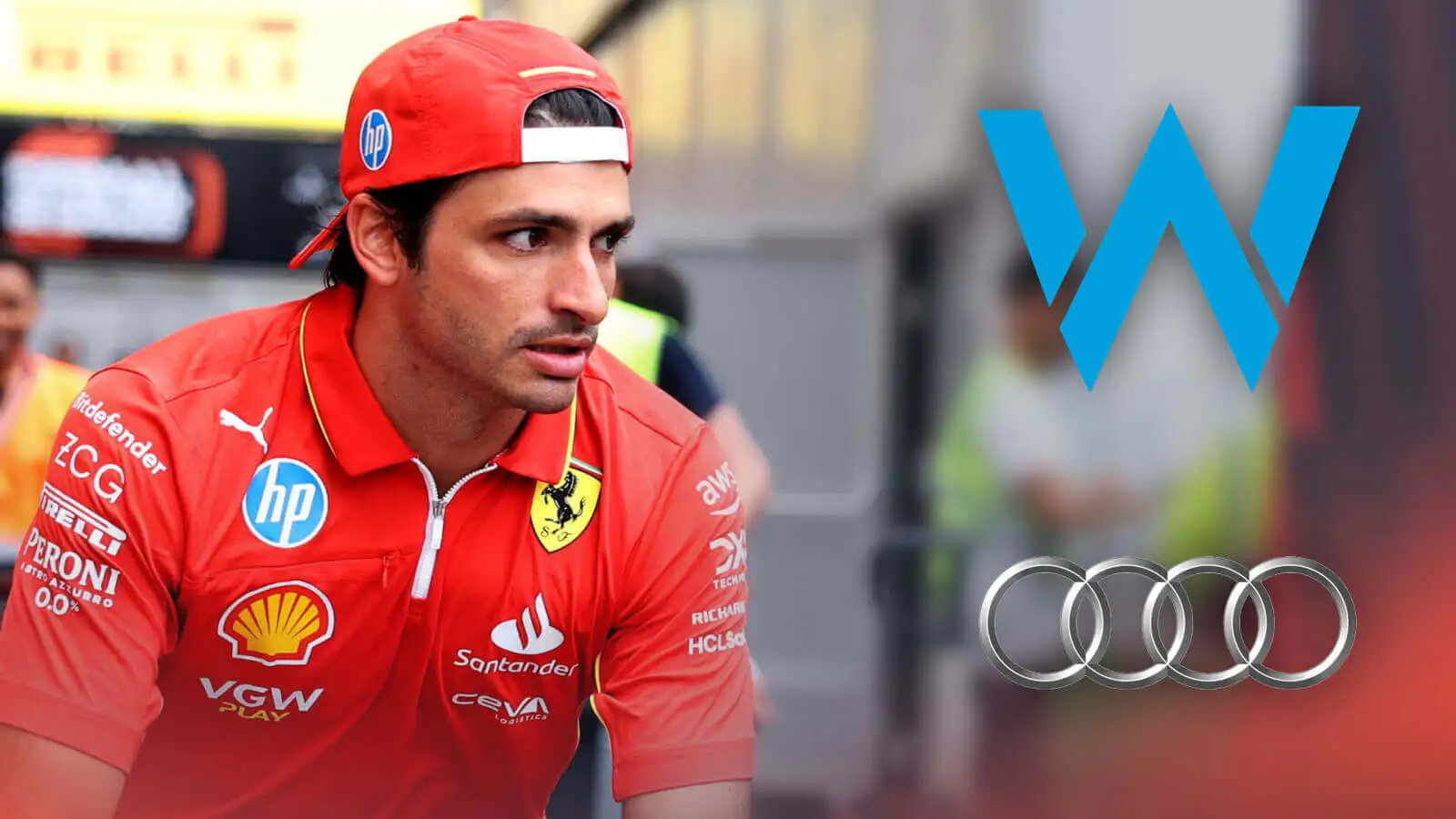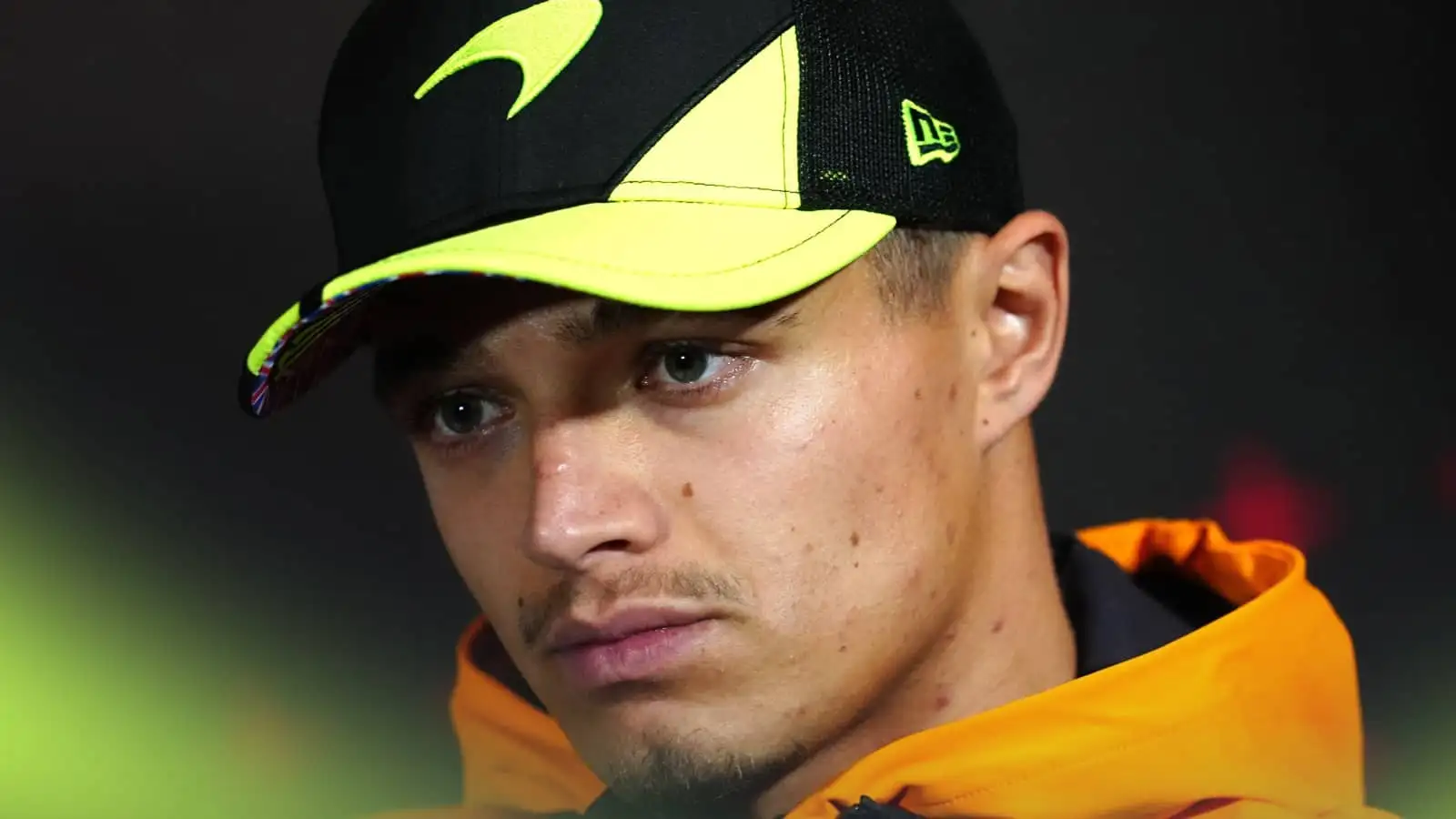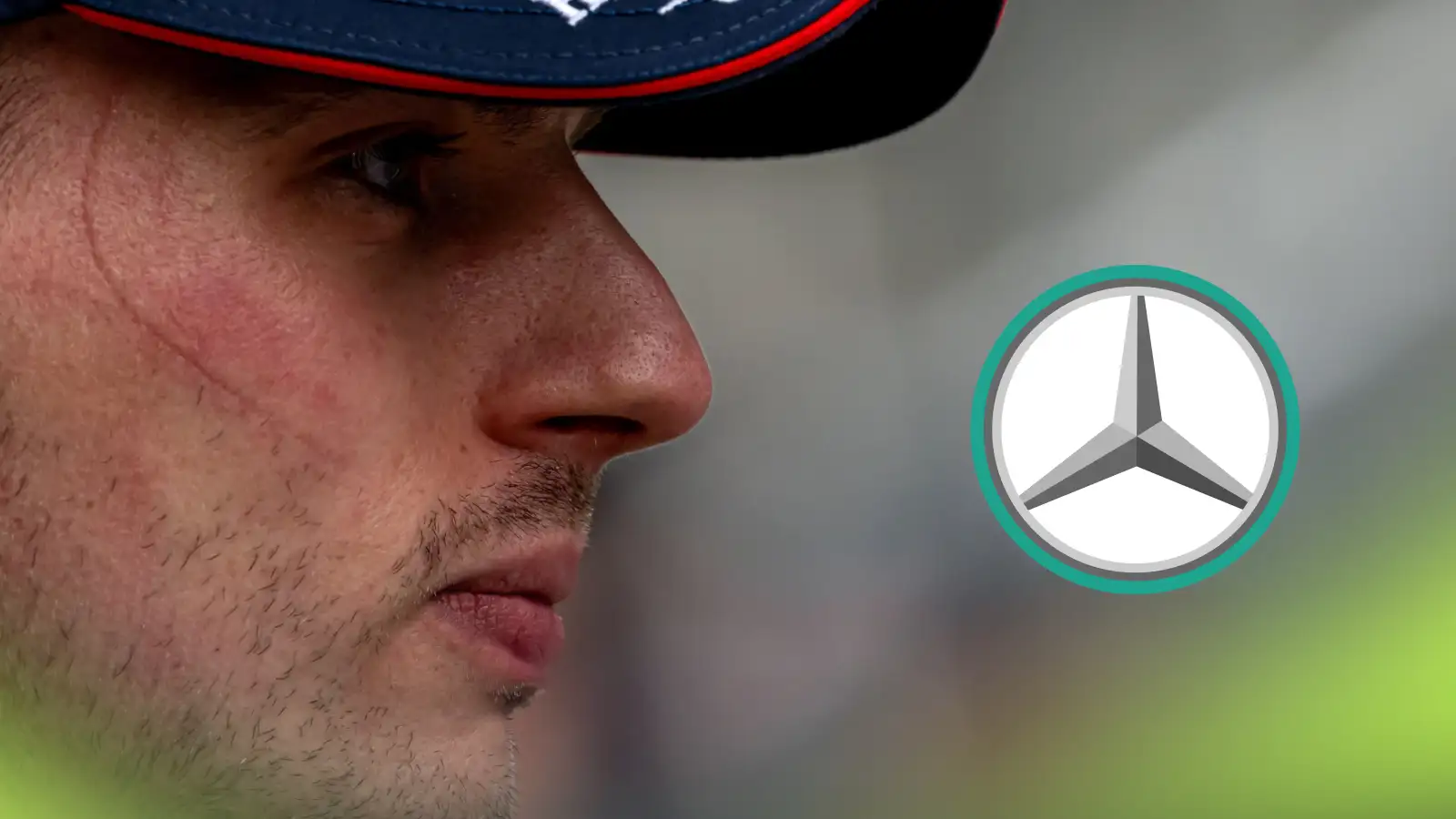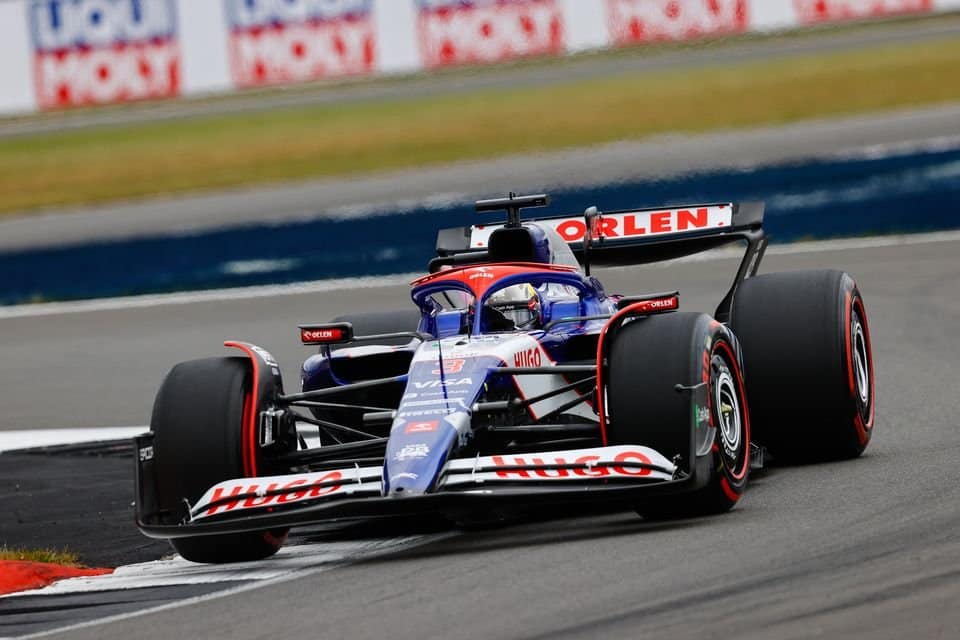After a spectacular win in Monaco, Charles Leclerc’s performance has significantly dipped, raising concerns at Ferrari.
- Leclerc’s post-Monaco journey has been fraught with challenges, with only one points finish since his home race victory.
- Ferrari team principal Fred Vasseur emphasizes caution against quick judgments on Leclerc’s recent form.
- An unfamiliar car setup and tricky weather conditions are part of Leclerc’s recent racing woes.
- Strategic missteps and a problematic car have left Leclerc and Ferrari searching for solutions.
Charles Leclerc dazzled with his emotional triumph at the Monaco Grand Prix, a moment that solidified his status as a formidable competitor. However, following this high, Leclerc’s season has taken an unexpected downturn, marked by a series of disappointing results. Since Monaco, his only points finish came when he secured fifth place in Spain. Retirements, coupled with finishes outside the points in Canada, Austria, and Great Britain, have painted a stark contrast to his earlier success.
These struggles have sparked a robust dialogue within Ferrari, particularly between Leclerc and team principal Fred Vasseur. Vasseur urges fans and critics alike not to hastily conclude that Leclerc’s form has irreversibly declined. Instead, he advocates for a thorough examination of the factors contributing to the recent performance issues. A significant point of analysis is the challenging set of circumstances Leclerc faced at Silverstone, where he had to contend with a complex car setup under less than favorable conditions.
Ferrari’s car has proved unpredictable and, at times, difficult to manage, which has been a key factor in Leclerc’s struggles. Vasseur noted that Leclerc’s race weekend at Silverstone was particularly testing as he adapted to a new package amid wet conditions, ultimately impacting his qualifying efforts. Despite being ahead of competitors such as Russell until a crucial point in Q2, the race dynamics shifted against him.
Complicating matters, attempts by the team to compensate for these setbacks sometimes backfired, as Vasseur acknowledged. He highlighted the flawed logic in trying to counteract bad momentum by over-compensating, arguing that this approach can lead to further errors. During the British Grand Prix, an ill-timed strategy saw Leclerc drop crucial seconds behind Lance Stroll, a situation that hampered his chances of advancing in the race.
In their quest for answers, Vasseur and Leclerc have engaged in open discussions, dissecting each race to understand the underlying issues. Their focus remains on refining their strategies and making calculated moves forward rather than rushing into snap decisions.
With ongoing discussions and strategic reevaluations, Ferrari and Leclerc aim to steer their season back on course.
